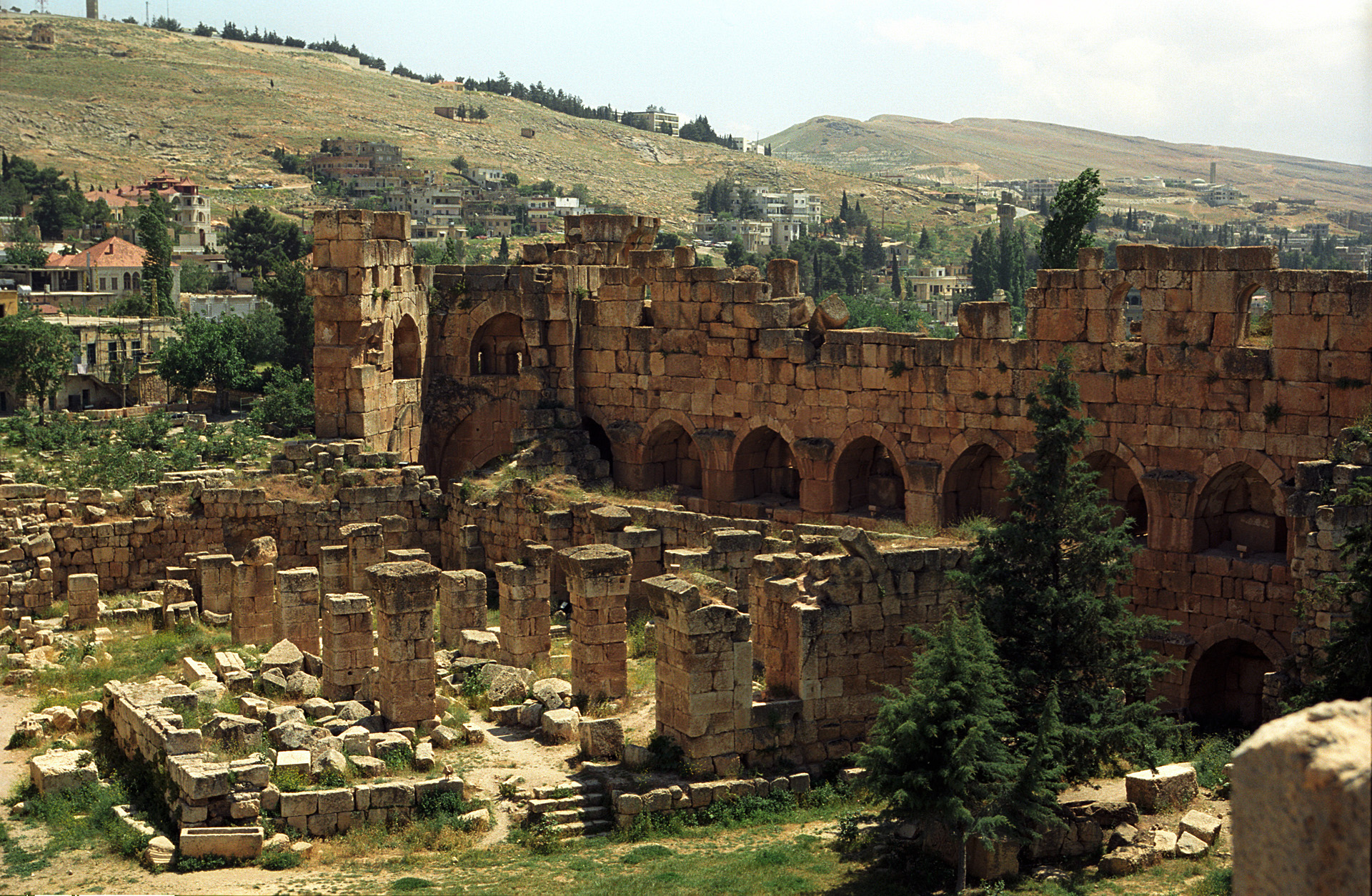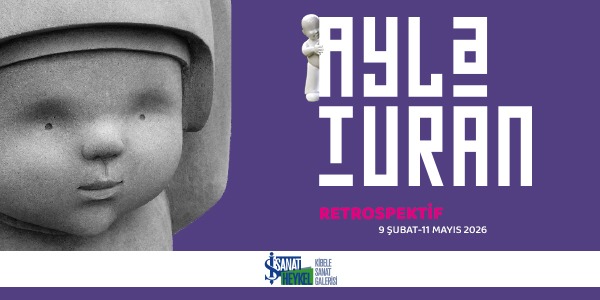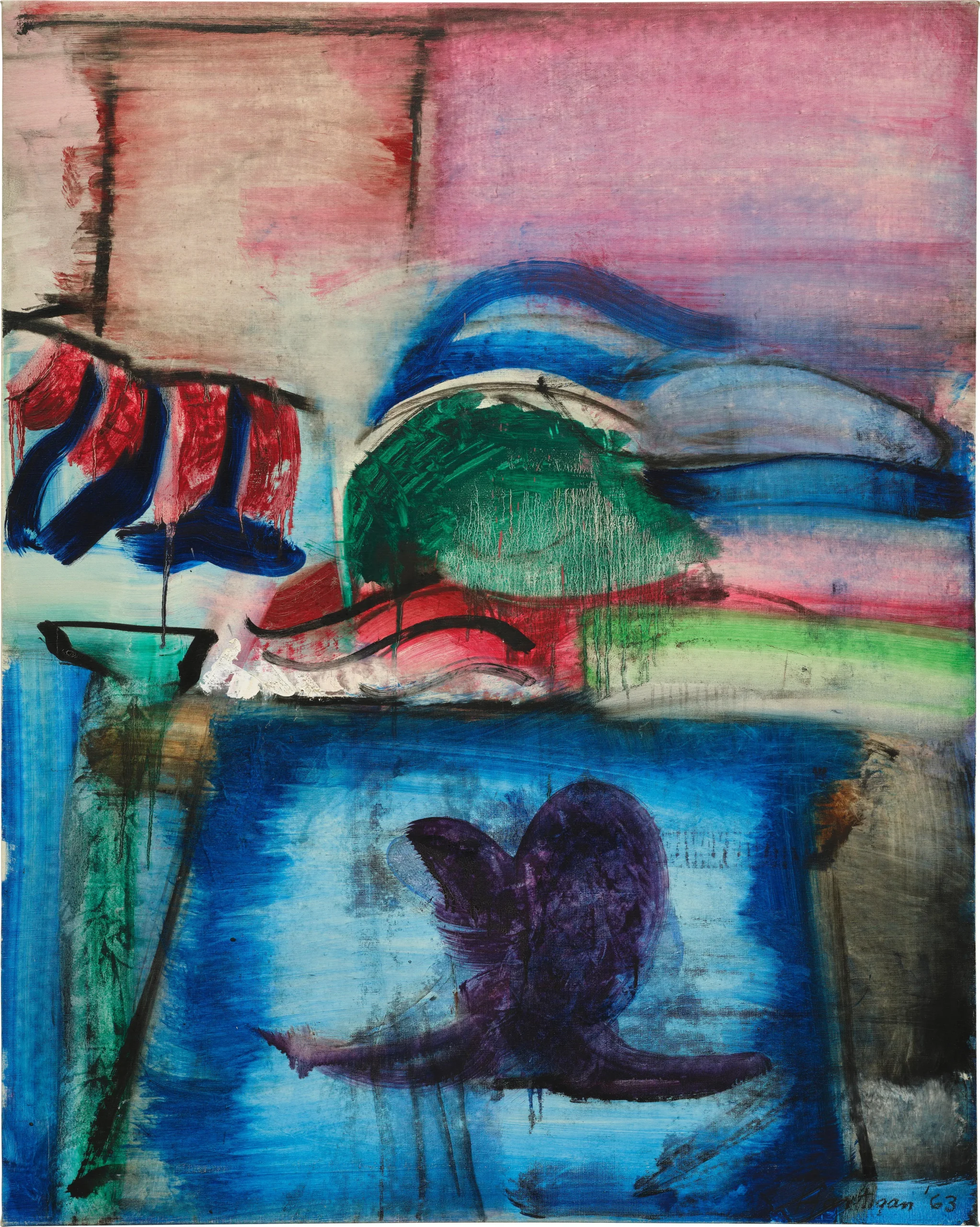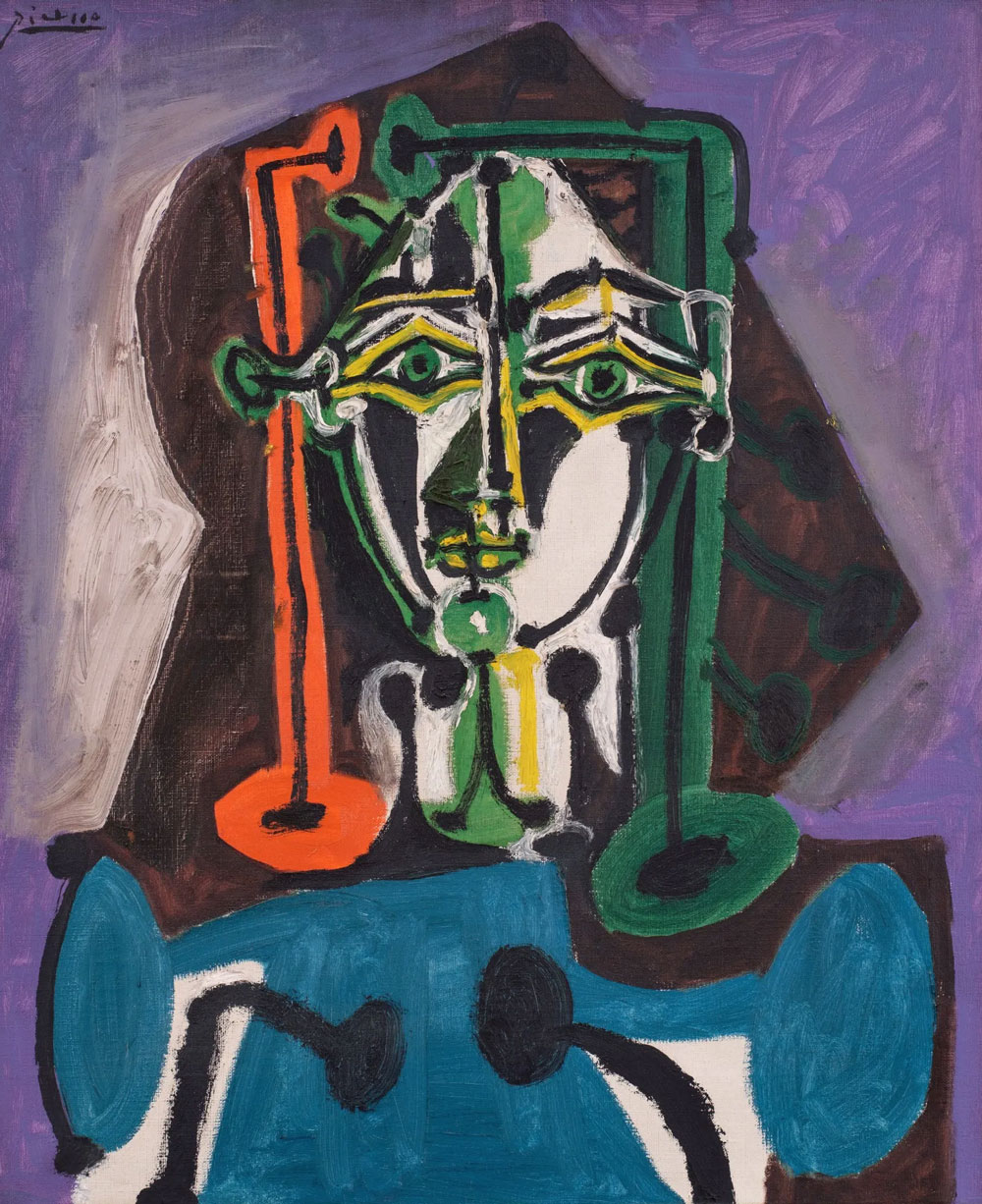UNESCO has called for an emergency session on November 18 to address the growing threat to Lebanon’s cultural heritage sites, as Israeli airstrikes intensify in the region. The session, convened by the Special Committee for the Protection of Cultural Property, will focus on preserving the ancient Roman ruins of Baalbek and other historic landmarks across the Bekaa Valley, which are facing significant damage from ongoing military operations.
Lebanon’s U.N. Ambassador, Moustapha Adib, along with Sarkis Khoury, Director General of Antiquities, will represent Lebanon at the crucial meeting, which comes amid increasing concerns for the fate of Baalbek’s Roman temples, a UNESCO World Heritage Site since 1984. In early November, images circulated on social media showing smoke rising near the iconic columns of a Baalbek temple following a nearby airstrike, highlighting the vulnerability of these ancient structures.
The airstrikes, which began intensifying in late September, have already caused significant casualties in Baalbek and surrounding areas, with at least 40 deaths and over 50 injuries reported by November 7. In addition to civilian casualties, the strikes have also resulted in severe damage to historic sites, including the Qubbat Doris shrine, parts of Baalbek’s ancient city walls, and various religious landmarks across Lebanon. The 13th-century Tebnin Castle and several mosques and churches have also been impacted by the military campaign.
Joanne Bajjaly, an archaeologist and leader of the Lebanese NGO Biladi, warned that the ongoing bombings may be causing unseen structural damage to Lebanon’s monuments due to vibrations from the blasts. She also raised concerns about the long-term effects of air pollution and chemical exposure on the integrity of ancient stones. “The full extent of the damage is yet to be assessed, as it’s unsafe for experts to carry out on-site inspections,” Bajjaly said.
In response to the escalating threats, Lebanon has called on UNESCO and the international community to prioritize the protection of its cultural heritage. The Permanent Delegation of Lebanon to UNESCO has urged Director General Audrey Azoulay to take a public stand, calling for enhanced protection for Lebanon’s natural and archaeological sites. Ambassador Adib emphasized that UNESCO’s intervention is critical not only for the restoration of damaged heritage but also for holding Israel accountable for the destruction caused to Lebanon’s cultural legacy.
As the war continues to ravage Lebanon’s heritage, the fate of Baalbek’s triad of Roman temples—dedicated to Jupiter, Venus, and Mercury—remains uncertain. These monuments, some of the most well-preserved of their kind, represent a crucial part of the world’s historical and architectural heritage. The international community’s response will determine whether these irreplaceable treasures survive the conflict.









